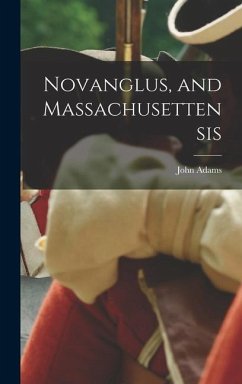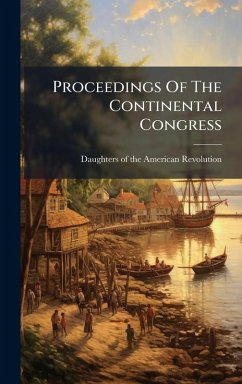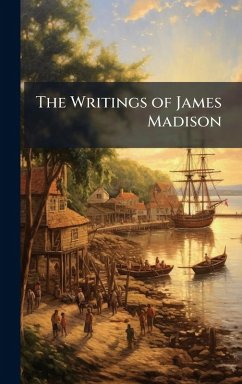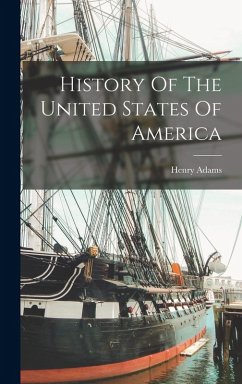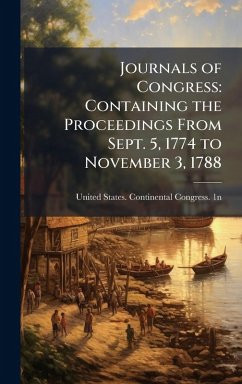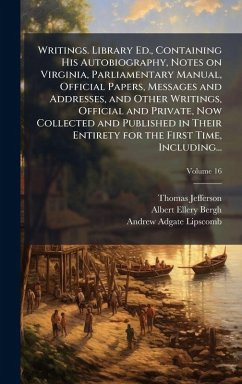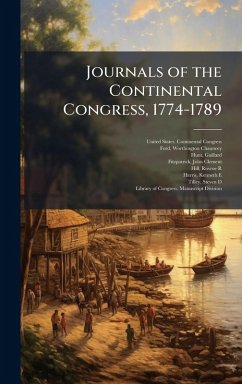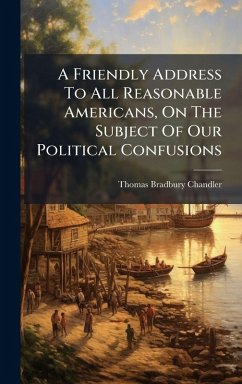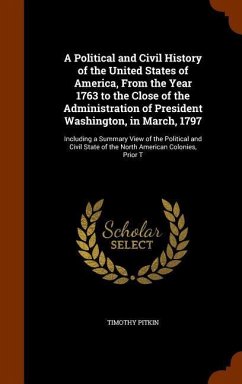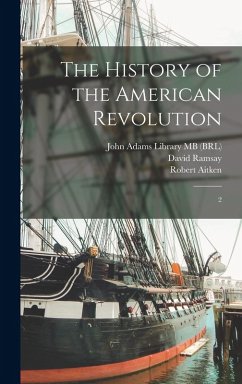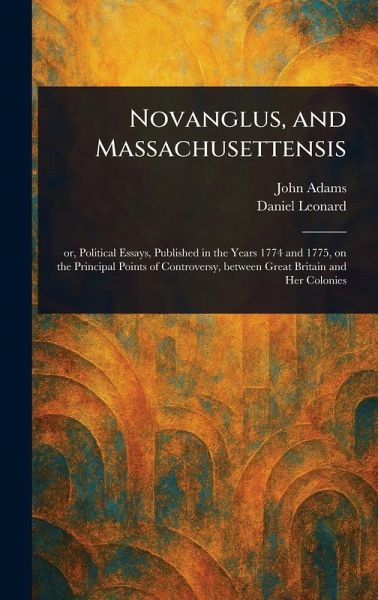
Novanglus, and Massachusettensis
Versandkostenfrei!
Versandfertig in über 4 Wochen
32,99 €
inkl. MwSt.
Weitere Ausgaben:

PAYBACK Punkte
16 °P sammeln!
"Novanglus, and Massachusettensis" offers a fascinating glimpse into the ideological battles that fueled the American Revolution. This collection of political essays, penned by John Adams and Jonathan Sewall in 1774 and 1775, captures the intense debates surrounding colonial politics in Massachusetts and the burgeoning conflict with Great Britain. Explore the principal points of controversy through the sharp and insightful arguments of two prominent figures. Adams, writing as "Novanglus," defends the rights of the colonies, while Sewall, under the pseudonym "Massachusettensis," champions the B...
"Novanglus, and Massachusettensis" offers a fascinating glimpse into the ideological battles that fueled the American Revolution. This collection of political essays, penned by John Adams and Jonathan Sewall in 1774 and 1775, captures the intense debates surrounding colonial politics in Massachusetts and the burgeoning conflict with Great Britain. Explore the principal points of controversy through the sharp and insightful arguments of two prominent figures. Adams, writing as "Novanglus," defends the rights of the colonies, while Sewall, under the pseudonym "Massachusettensis," champions the British perspective. Their essays provide a valuable firsthand account of the escalating tensions and the fundamental disagreements that ultimately led to revolution. A crucial historical document for anyone interested in the American Revolution, "Novanglus, and Massachusettensis" illuminates the complexities of the era and the passionate convictions that shaped the birth of a nation. A vital resource for understanding colonial America and the roots of American political thought. This work has been selected by scholars as being culturally important, and is part of the knowledge base of civilization as we know it. This work is in the public domain in the United States of America, and possibly other nations. Within the United States, you may freely copy and distribute this work, as no entity (individual or corporate) has a copyright on the body of the work. Scholars believe, and we concur, that this work is important enough to be preserved, reproduced, and made generally available to the public. We appreciate your support of the preservation process, and thank you for being an important part of keeping this knowledge alive and relevant.





